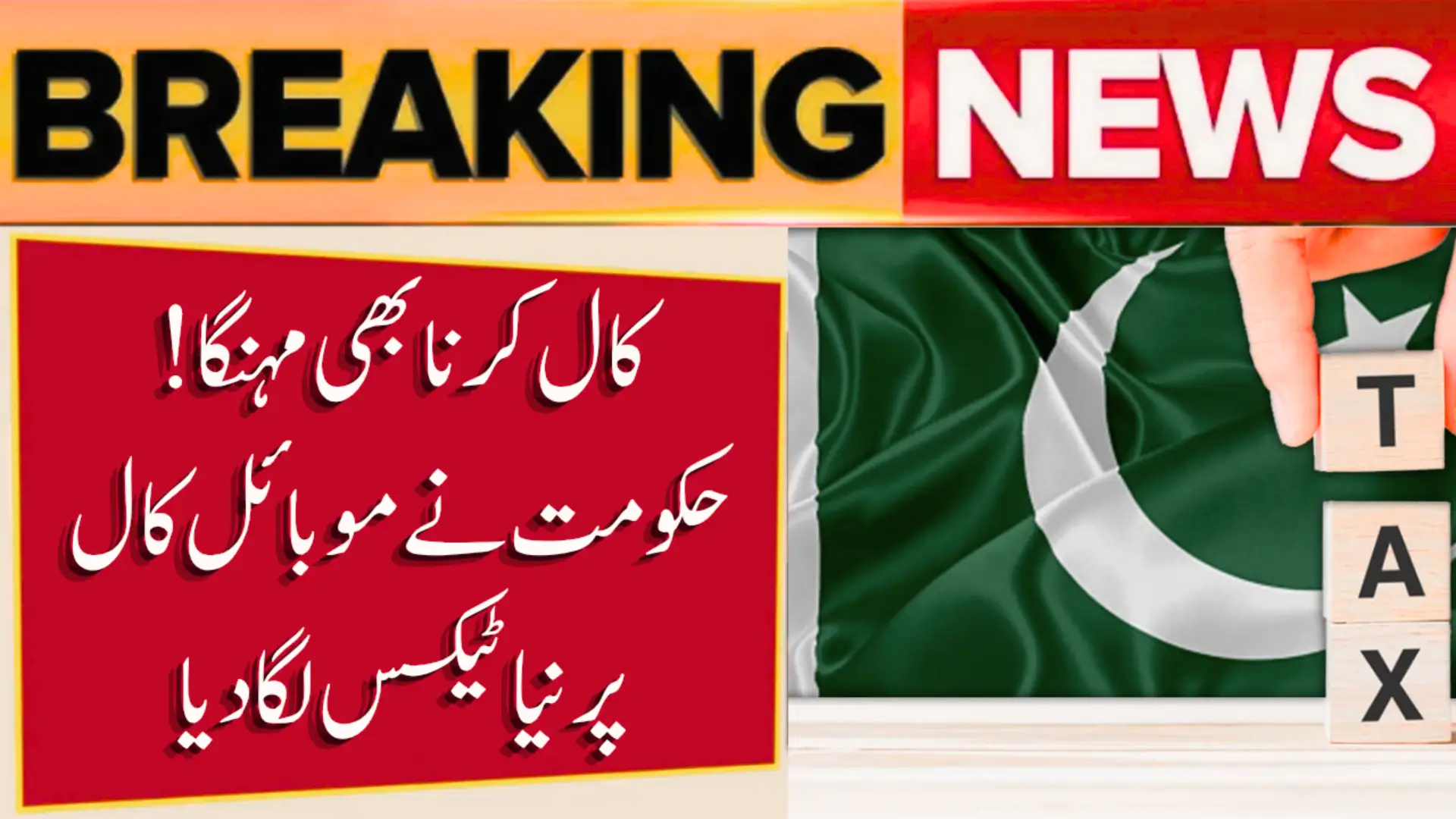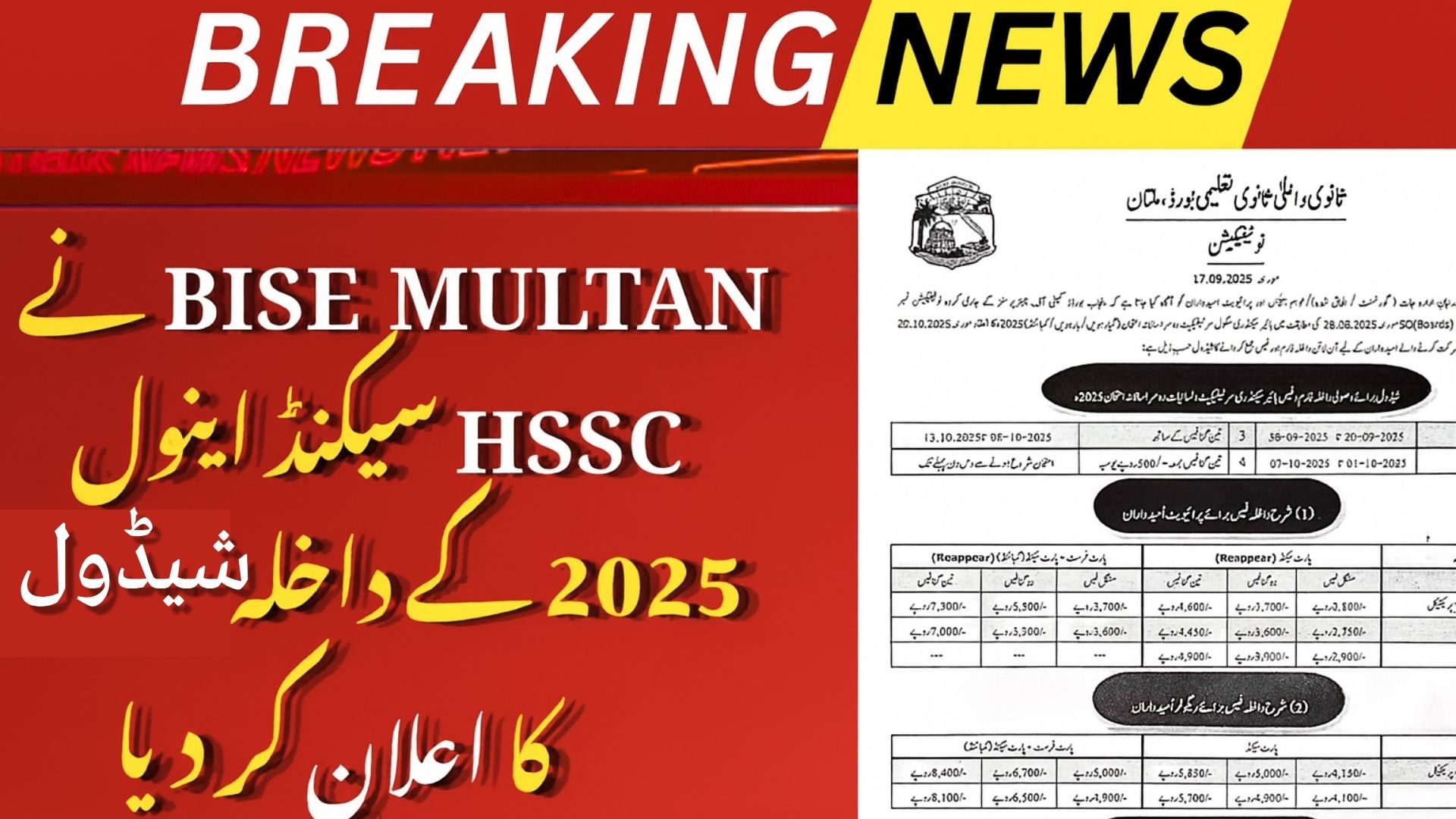Pakistan Mobile Call Tax Increase & Solar Withholding Plans 2026. Pakistan is preparing major tax adjustments for mobile calls, solar panels, cash withdrawals, and processed food items as part of its new fiscal strategy for 2026. These proposed measures are linked directly to the country’s ongoing commitments with the International Monetary Fund (IMF) and may be implemented if the Federal Board of Revenue (FBR) fails to meet its collection targets.
This article explains why these taxes are being considered, what changes may occur, and how they could impact citizens and businesses in 2026.
Why Pakistan Is Planning New Tax Measures in 2026
The Pakistani government has assured the IMF that it will implement Rs. 200 billion in additional taxes starting January 2026 if revenue collection targets fall short during the first half of the fiscal year.
- Expected first-quarter revenue gap: Rs. 198 billion
- Total tax collection (as of late October): Rs. 3.65 trillion
- Required in next months to meet target: Rs. 460 billion
With this widening gap, Pakistan is preparing contingency plans focused on mobile communication, solar equipment, cash withdrawals, and food sectors to quickly generate revenue.
Proposed Increase in Mobile & Landline Call Taxes
One of the most talked-about proposals is the increase in withholding tax (WHT) on telecom services. The government is considering:
| Service | Current WHT | Proposed WHT | Expected Yearly Revenue |
|---|---|---|---|
| Landline Calls | 10% | 12.5% | Rs. 20 billion |
| Mobile Calls | 15% | 17.5% | Rs. 24 billion |
These tax increases will only be implemented if:
- FBR fails to meet its revenue targets
- Government spending exceeds the agreed fiscal limit
Higher Withholding Tax on Cash Withdrawals
To reduce tax evasion and expand Pakistan’s tax base, the government is also planning a rise in WHT on bank withdrawals for non-filers.
- Current rate: 0.8%
- Expected rate: 1.5%
- Possible revenue: Rs. 30 billion annually
This move encourages digital banking and discourages undocumented cash transactions.
Sales Tax on Solar Panels May Increase to 18%
Solar panels have become one of the fastest-growing renewable energy options in Pakistan. Because of rising imports, the government may raise the sales tax on solar equipment.
- Current sales tax: 10%
- Proposed sales tax: 18%
Authorities believe this can help generate additional revenue while pushing for better compliance in the solar supply chain.
General Sales Tax (GST) May Rise From 17% to 19%
The government is also discussing the possibility of increasing the nationwide GST from 17% to 19%, which may bring in nearly Rs. 225 billion per year.
However, this is not an immediate priority. Instead, Pakistan is focusing on targeted tax measures before implementing any broad-based increases.
Federal Excise Duty (FED) on Confectionery & Processed Foods
Pakistan may expand Federal Excise Duty (FED) to include:
- Biscuits
- Cakes
- Chocolates
- Other confectionery items
Proposed Tax Impact
- New FED rate: 16%
- Expected annual revenue: Rs. 70 billion
- Combined tax rate (GST + FED): Up to 38% on processed foods
This move diversifies revenue sources beyond traditional sectors like fuel and telecom.
Provincial Tax Deferrals & Challenges
While the federal government introduces new taxes, provinces like Punjab and Sindh have temporarily postponed increases in agriculture income tax, which could have reached up to 45%.
This refusal adds more pressure on the federal tax system, pushing the government to rely heavily on withholding taxes, FED, and GST adjustments.
IMF Requirements & Economic Forecast
Pakistan must maintain a 1.6% primary budget surplus, equal to Rs. 2.1 trillion, under IMF guidelines. The IMF will review this target once final flood-loss data is available but has not yet provided any fiscal concessions.
Economic Forecast Update
The World Bank recently upgraded Pakistan’s GDP growth forecast to 3%, citing recovery from earlier flood damages.
Expected Revenue Collection (January to June 2026)
If all proposed taxes are implemented:
- Nearly Rs. 200 billion could be generated in six months
- Revenue will depend on IMF approval
- Funds will support budget stability and international commitments
Key Takeaways (Quick Summary)
- Pakistan may increase taxes on mobile calls, landline calls, and bank withdrawals.
- Sales tax on solar panels may rise from 10% to 18%.
- Confectioneries and processed foods may face 16% FED, raising effective taxation to 38%.
- Broader GST increase (17% to 19%) is under discussion but not final.
- Provincial agriculture tax reforms are delayed, pushing more pressure on federal taxpayers.
- These measures aim to secure the $7 billion IMF bailout and improve fiscal stability in 2026.
Frequently Asked Questions (FAQs)
1. When will these new taxes be implemented?
They may be introduced from January 2026, depending on FBR’s revenue performance and IMF approval.
2. Why are mobile call taxes being increased?
To generate quick revenue and meet IMF conditions if FBR fails to achieve its targets.
3. Will solar panels become more expensive?
Yes, if sales tax is raised to 18%, overall solar installation costs will increase.
4. Are cash withdrawal taxes for filers too?
The highest rate targets non-filers, but filers may also be affected depending on final policy.
5. Will food prices increase because of FED?
Yes, confectioneries, biscuits, and processed foods could see price hikes due to higher taxation.
6. Is the GST increase confirmed?
No, the government is prioritising targeted measures before broad-based tax hikes.
Conclusion
Pakistan’s proposed tax reforms for 2026 reflect the government’s urgent need to stabilise revenue, fulfil IMF conditions, and strengthen the national economy. The expected increases on mobile call taxes, solar equipment, cash withdrawals, and processed foods are part of a contingency plan that will activate only if revenue collection falls short.

















